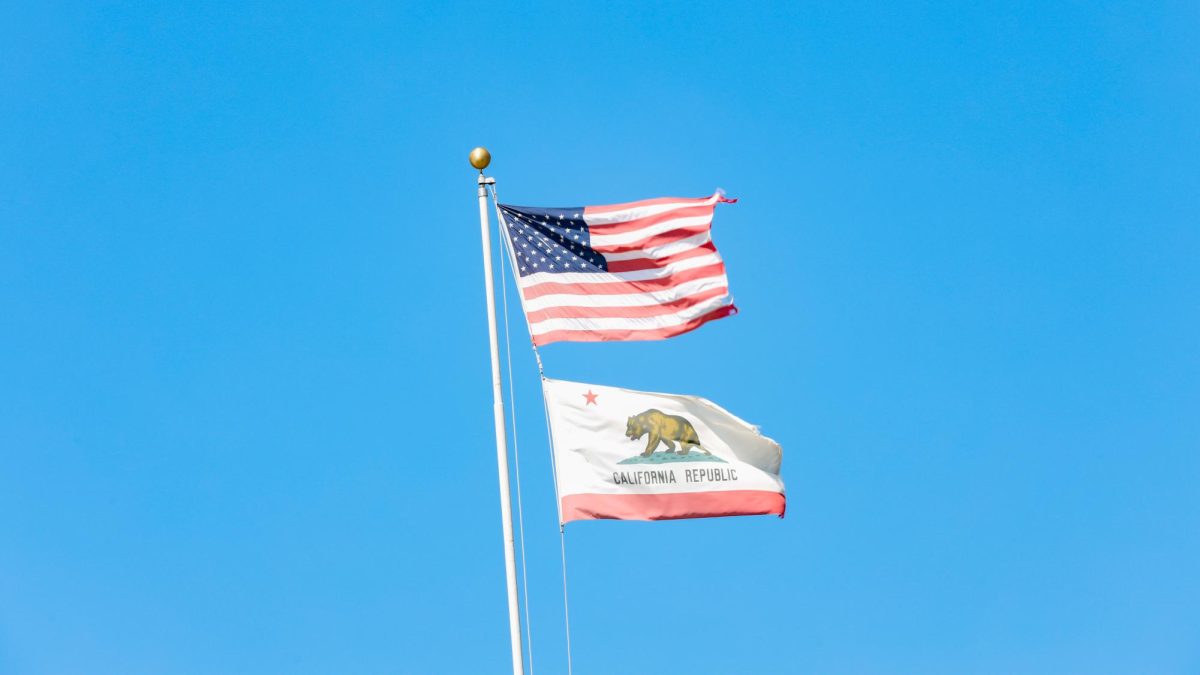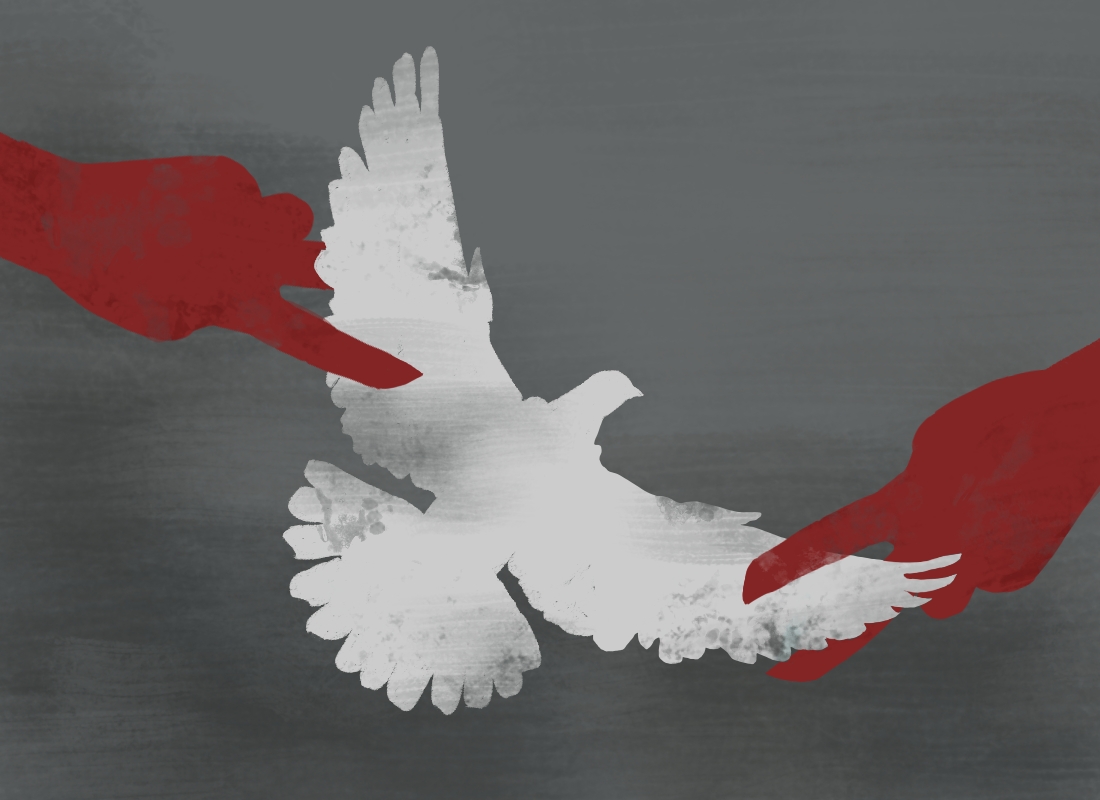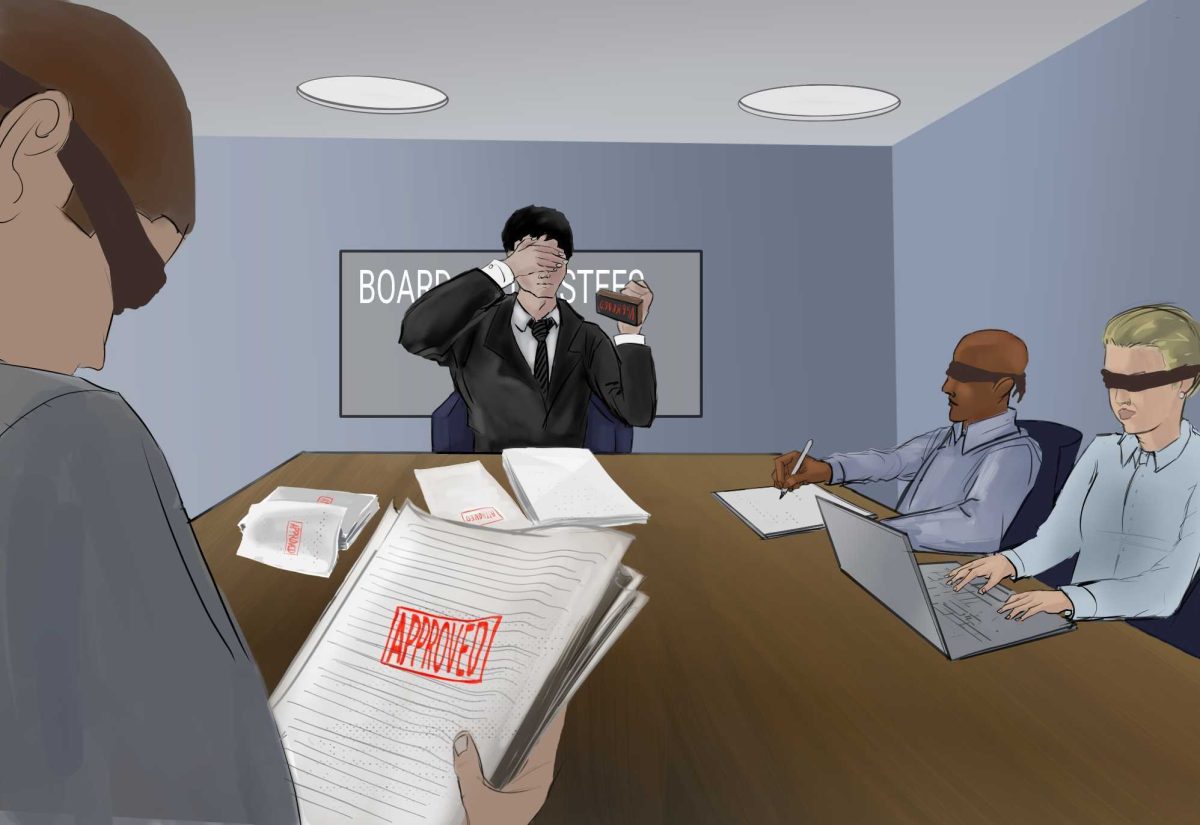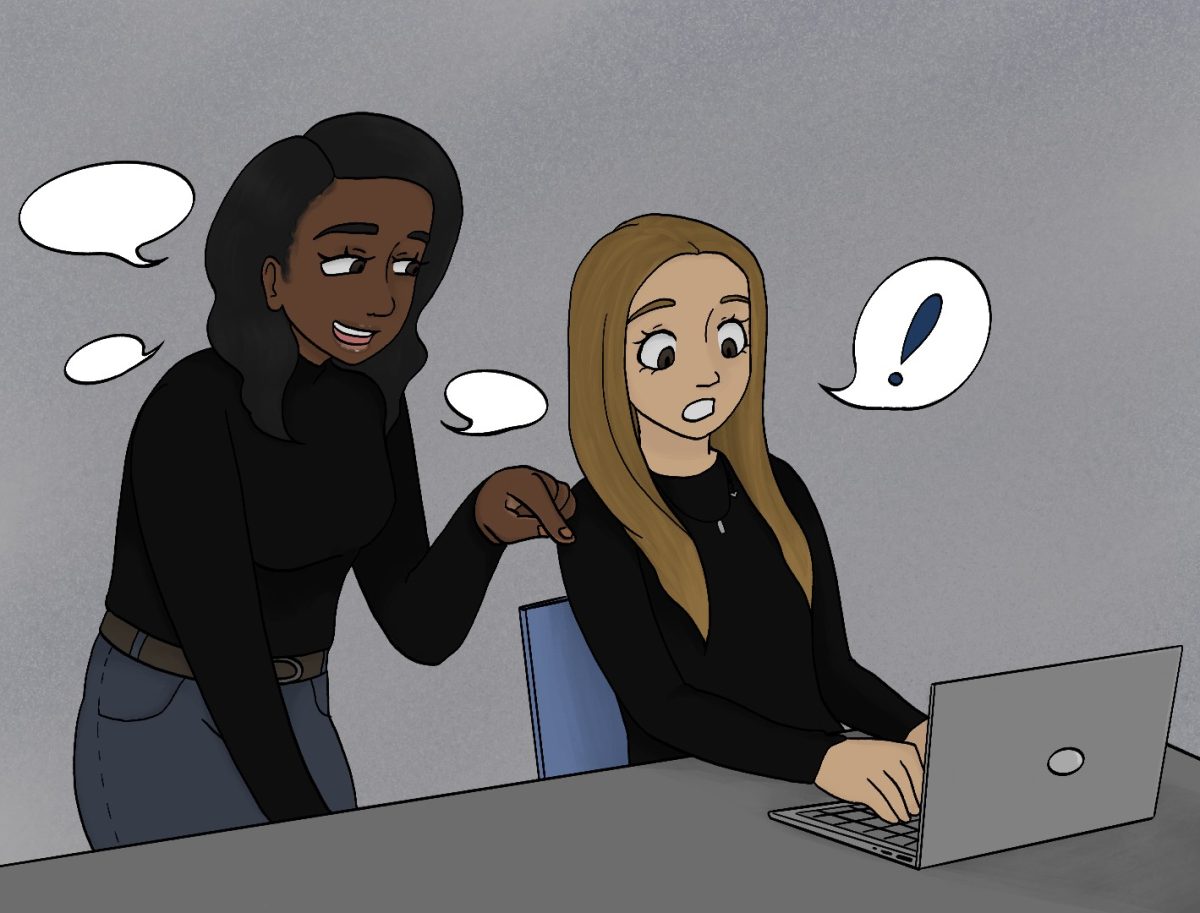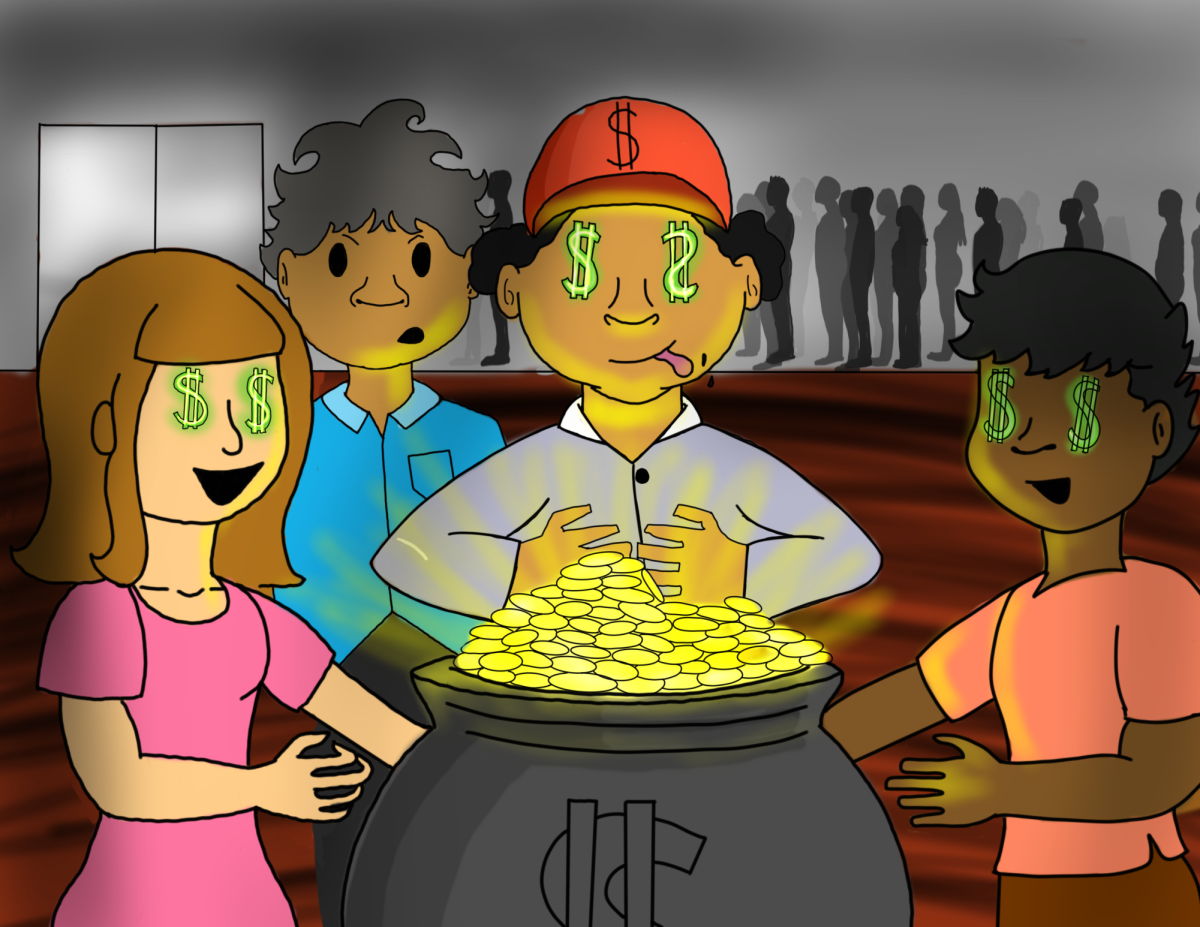It is already agonizing for a working student to shell out spare change for anything not related to school. To stick students with an increase in coffee prices seems all the more burdensome.
With the outrageous upsurge of tuition fees to 44 percent from last semester and the rapid climbing of textbook prices, it is impossible that the average student would have extra money to spare from their pocket just after the first few weeks of school.
But the business industry doesn’t seem to care.
For example, Starbucks will be taking a “modest price increase” by the end of this year.
It has been reported that this “modest” increase will be about 4 to 5 percent, which is roughly a dime.
If there is accuracy in the prediction, this means that Starbucks will increase three more cents from the regular price.
Are they oblivious to the fact that there are a number of independent coffee shops which sell coffee for about half the price that Starbucks charges?
Starbucks argues its prices are lower than its competitors. Maybe this is the reason customers are still faithful to Starbucks despite its inflated prices for coffee.
But if Starbucks continues to increase its coffee prices, it is taking the risk of losing its consumers and welcoming the possibility of a dramatic drop in its profits due to boycotting and veering away of its customers.
They will soon realize how absurd the prices are for a drink traditionally made at home.
The Seattle-based company’s officials have also reported the move is due to the increase in green coffee beans and milk prices. Sure.
It is faulty to conclude that the slight increase in the price of coffee beans will be a great setback for the coffee company because these capital expenses should have been anticipated.
Starbucks is also notorious for importing coffee from impoverished coffee farmers in third-world countries, which sell their coffee products at “extremely low world prices,” as stated in a Global Exchange Report.
Couple this with imported beans that do not abide with the regulations of Fair Trade, and you get dirt-cheap coffee beans, which reveals the unreasonable price increase.
It is almost impossible that the corporation is slapped with higher prices for its capital ingredients because as stated in the Wall Street Journal earlier this month, “(It is) generally cushioned from shifts in the coffee market, because of long-term contracts that lock them into above-market rates.”
If corporations like Starbucks are willing to turn their backs on students and 9 to 5 employees alike (who are basically their total consumer target), then there is a good possibility that we will do the same thing to them.



